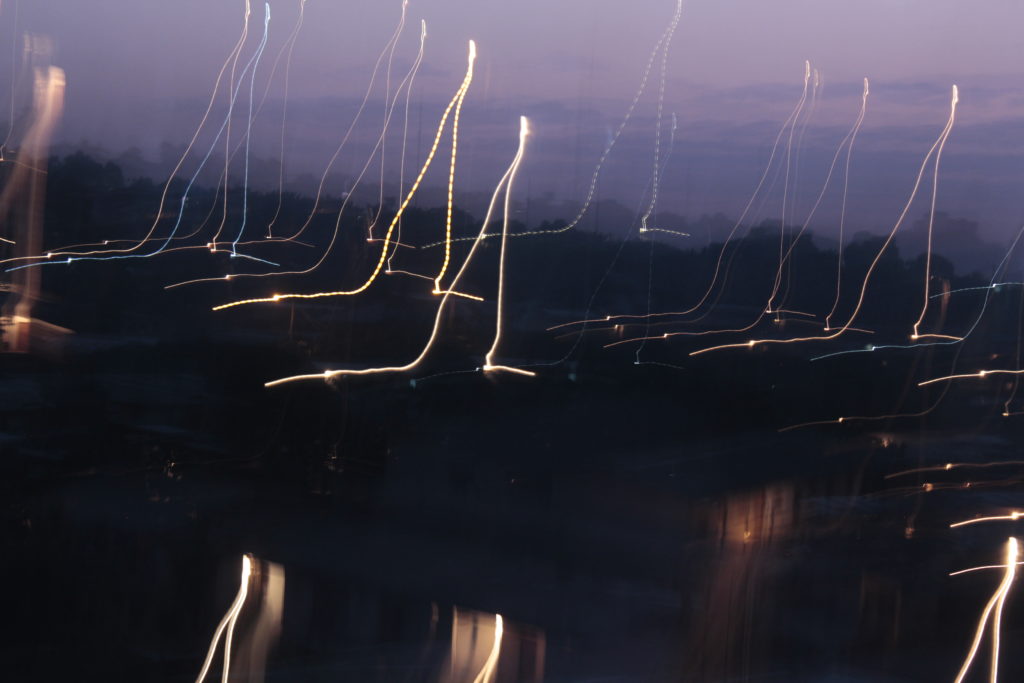“The intelligentsia have always preferred more refined forms of fiction, such as that longtime French intellectual favorite, the psychological novel.”
—Susan Sontag
What happens when literary production is confined to the academia and ‘established’ cultural institutions? Does its evolution reflect the society, especially a society wherein speech patterns are full of code mixing and creoles, or does it remain in the proverbial ivory tower, clinging to a language that is solely the product of a colonial master?
Is street language, as well as our indigenous languages sufficiently represented in our writing, movies and music, which we claim are a mirror of society, or do we inadvertently fall victim of the tyranny of the pseudo-dialectic of censorship? Why do we still call our indigenous languages dialects?
Simon Romero, in The New York Times opines that “Thousands of languages spoken by small numbers of people, including many of the Creole languages born in the last centuries of human history, are facing extinction.”
In its sixth issue, Bakwa seeks fiction, reportage, podcasts, essays, poems, reviews and photography which celebrate or castigate the diversity and hybridity of languages spoken on the streets of Lagos, Bamenda, Nairobi, Atlanta, Brixton, Johannesburg, Hargeisa, Paris and beyond— from creole, pidgin, sheng, camfranglais to nameless street dialects in Kampala. Contributions can celebrate or mock this concept, we encourage contributors to submit pieces in pidgin, creolized languages, jumbled codes etc.
Deadline February 28
As an online and off-line magazine, Bakwa covers cultural issues like art, photography, music, literature, fashion, cinema, spoken word and expos, and has a penchant for long-form creative nonfiction and reportage.
Previous contributors include: Kangsen Feka Wakai, Belinda Otas, Syl Coker, Yewande Omotoso, Raul Bravo Aduna, Jack Little, Dibussi Tande, Emmanuel Iduma, Johnnie MacViban, Serubiri Moses, Wirndzerem G.Barfee, Jumoke Verissimo, Dzekashu MacViban, Dante Besong, Anne Moraa Ondieki, Sentury Yob, Nfor Edwin & Eleanor L. Bennet among others.
Editors work from places all over the world like Kampala, Boston and Yaoundé.
